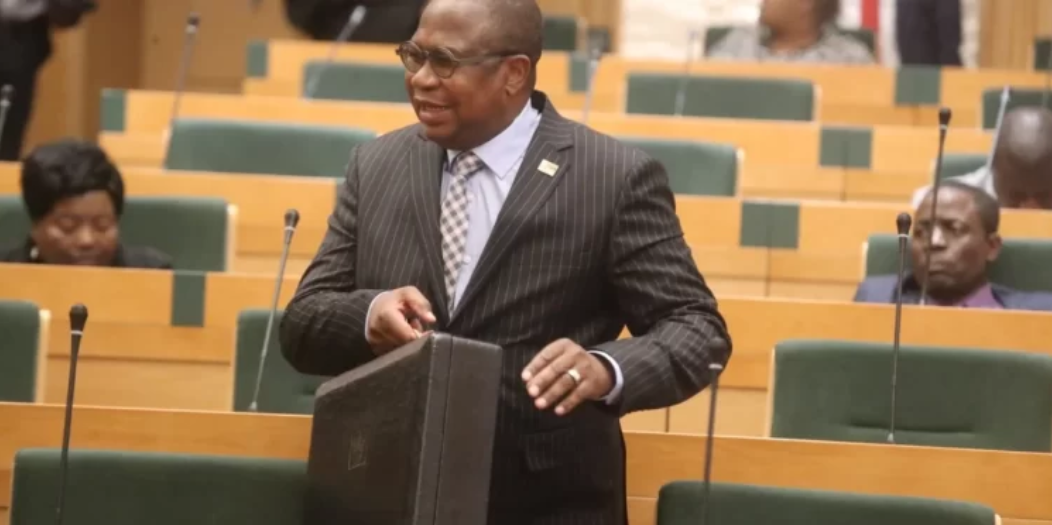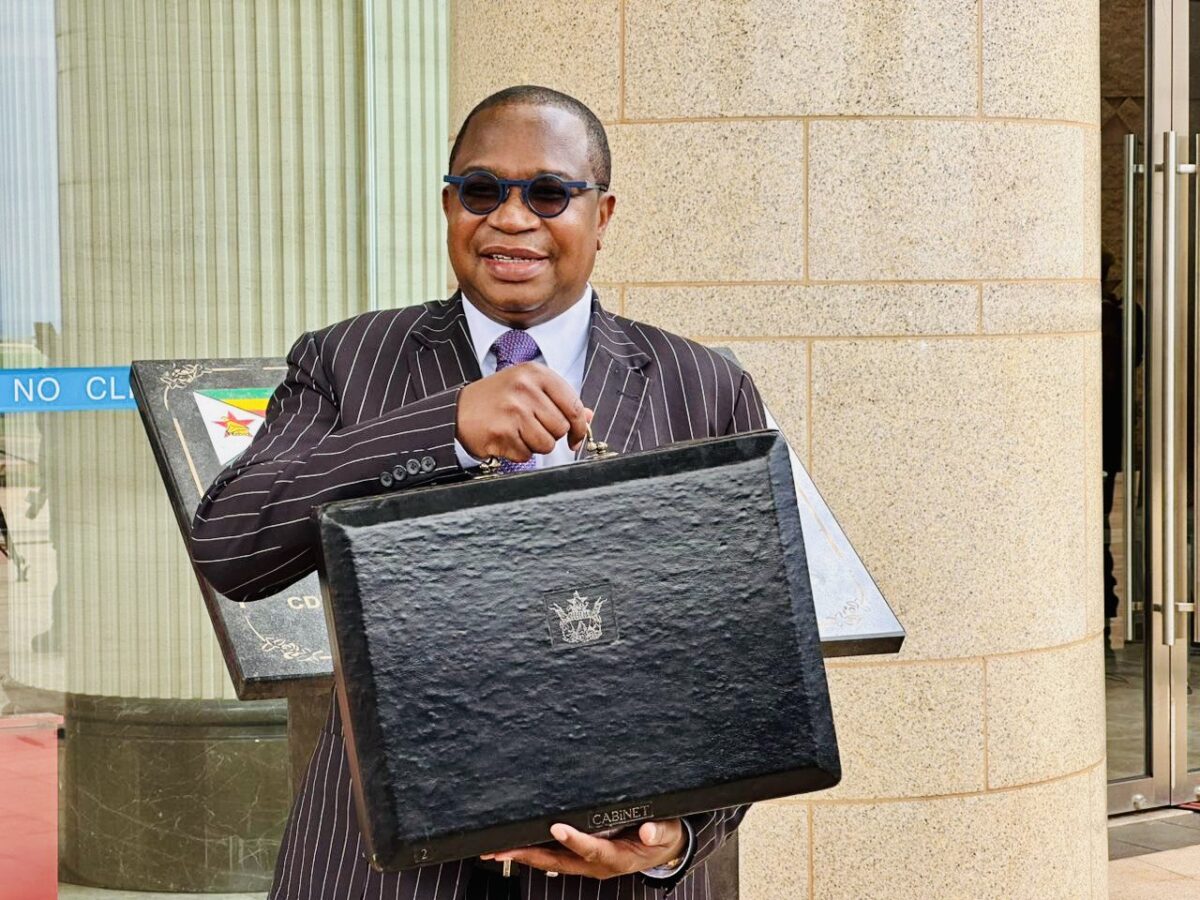Finance Minister Mthuli Ncube yesterday unveiled plans to impose new taxes, despite growing resistance from businesses and taxpayers who argue that Zimbabwe's current tax burden is already suffocating the formal economy.
The announcement comes amid mounting pressure from industry leaders demanding the repeal of the controversial Intermediated Money Transfer Tax (IMTT), which critics say has pushed many companies into the informal sector by making electronic transactions prohibitively costly.
Since last year, the government has introduced several new levies, including taxes on fast foods, betting, and rental income, adding to earlier contentious measures like the sugar tax and the IMTT.
Zimbabwe's economy is currently grappling with severe challenges such as currency volatility, inflation, and foreign currency shortages. Rising unemployment and widespread business closures have intensified concerns that new taxes will further hamper economic recovery.
Critics warn that the fiscal burden is unsustainable and stifles growth and investment.
However, in his 2025 Mid-term Budget Review, Minister Ncube defended the new tax measures as essential for funding key projects under the National Development Strategy 2 (NDS2), supporting the Zimbabwe Gold (ZiG) currency, and modernizing revenue collection systems.
"Proposed tax-related interventions will be critical in funding key developmental programmes, notably development plans outlined in NDS2, supporting the ZiG currency regime and responding to taxpayers' concerns in an evolving economic landscape," Ncube said.
The Treasury will also implement stricter enforcement mechanisms, including digital tracking and inter-agency data sharing, aimed at combating tax evasion.
Ncube emphasized expanding the tax base to include emerging sectors and promoting the formalization of economic activities through digital and financial inclusion of small and medium enterprises (SMEs).
He further highlighted tax administration reforms focused on digitalization, compliance, and strengthened enforcement in collaboration with stakeholders and government agencies.
The minister expressed the government's goal to achieve a revenue target within 22% to 25% of GDP by 2030, aligning Zimbabwe with middle-income country standards.
Proposed legislative and regulatory reforms will seek to reduce tax compliance costs for businesses while closing loopholes that facilitate widespread tax avoidance.
Despite ongoing criticism from major business groups such as the Confederation of Zimbabwe Industries, Zimbabwe National Chamber of Commerce, and the Chamber of Mines - who argue the current tax system undermines growth and competitiveness - Ncube pledged continued government engagement.
"Government will continue to review the existing tax system to reduce reported and observed distortions, grant the necessary supportive regime for business growth and competitiveness within and on the regional and international market, investment and compliance with tax legislation critical for a sustainable domestic resource mobilisation framework," he said.
"This process will benefit from ongoing consultations across the country with individuals and representatives of business and consumers."
As Zimbabwe battles economic headwinds, the success of these tax reforms will depend on balancing revenue generation with the need to stimulate growth and support the struggling formal sector.
- The Independent
 Zimbabwe's budget falls short of Abuja health target funding
Zimbabwe's budget falls short of Abuja health target funding  South Africa's debt-to-GDP ratio worsens under Ramaphosa
South Africa's debt-to-GDP ratio worsens under Ramaphosa  UK's Boris Johnson quits over Brexit stretegy
UK's Boris Johnson quits over Brexit stretegy  First Mutual to list Zimbabwe's first gold ETF
First Mutual to list Zimbabwe's first gold ETF  Zimbabwe on track for 6% growth
Zimbabwe on track for 6% growth  Econet defends fair usage policy amid backlash
Econet defends fair usage policy amid backlash  Young Investment Professional (YIP) Graduate Programme 2019
Young Investment Professional (YIP) Graduate Programme 2019 











 Young Investment Professional (YIP) Graduate Programme 2019
Young Investment Professional (YIP) Graduate Programme 2019
Editor's Pick